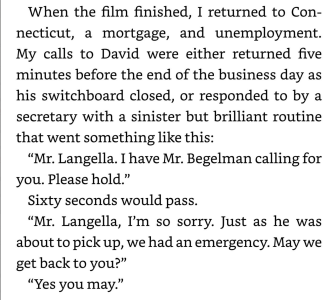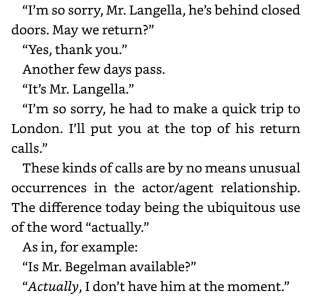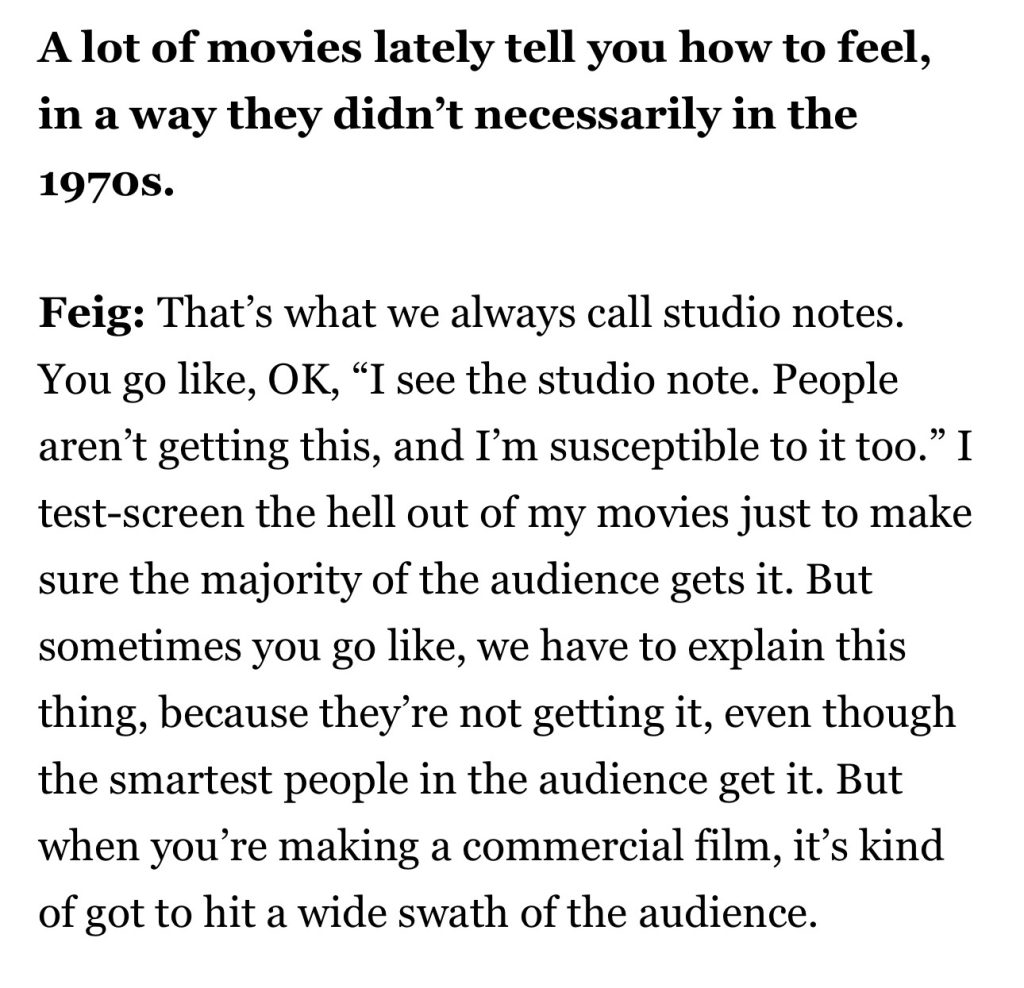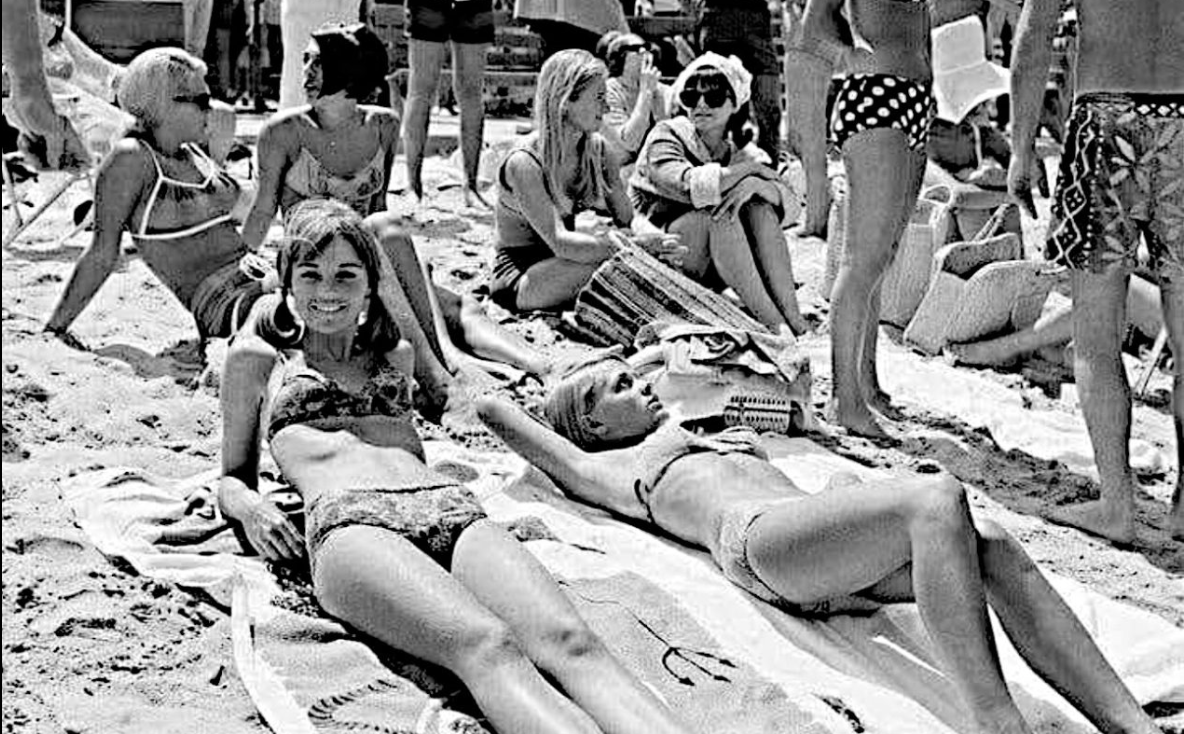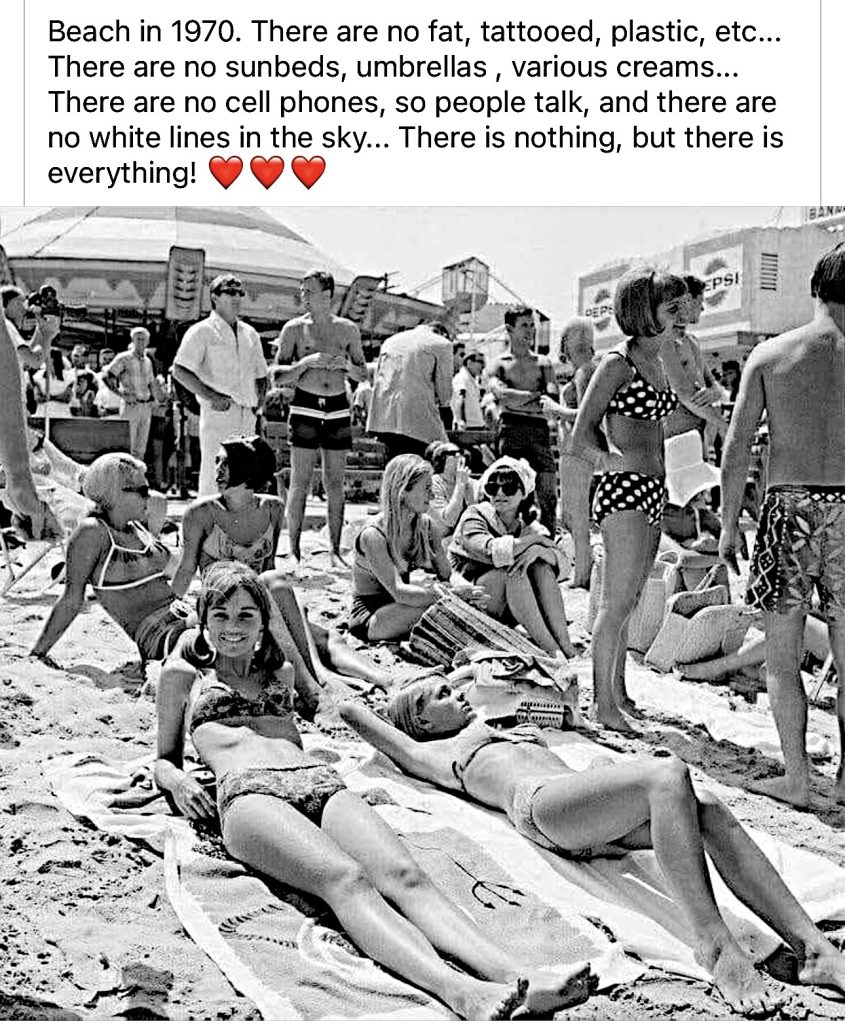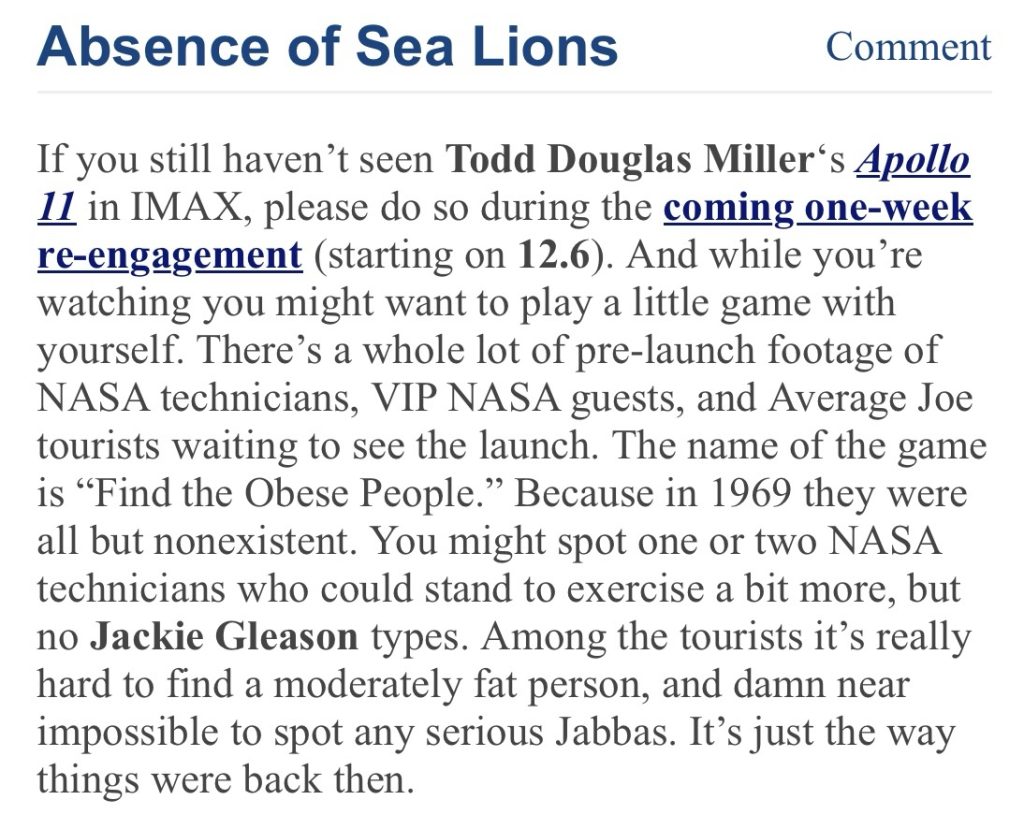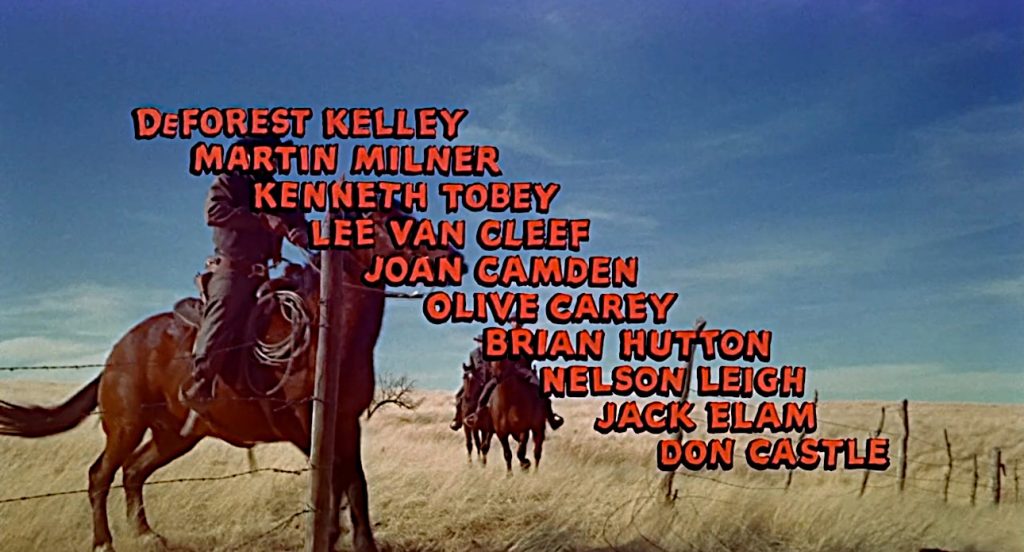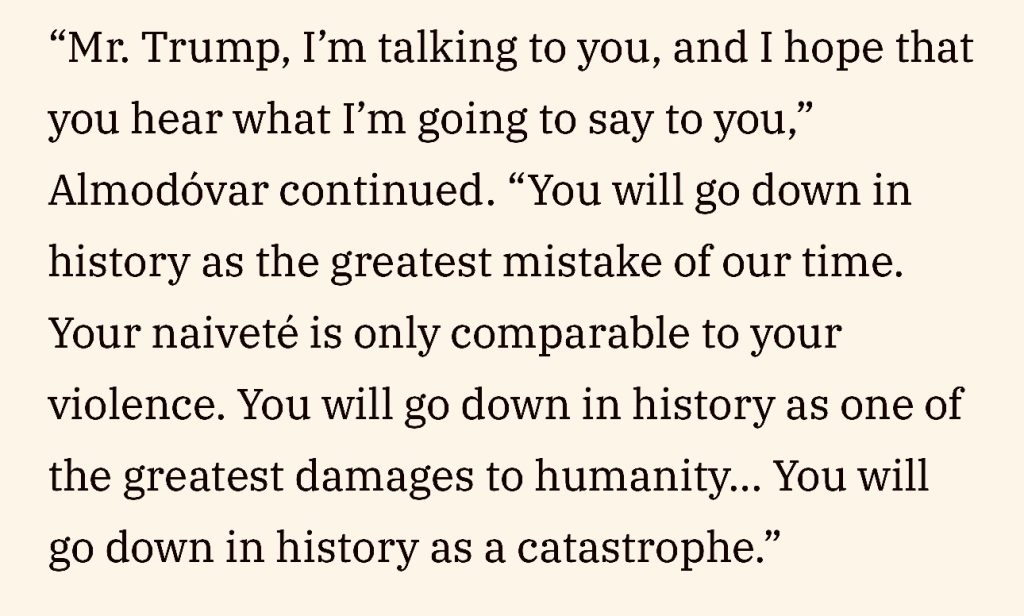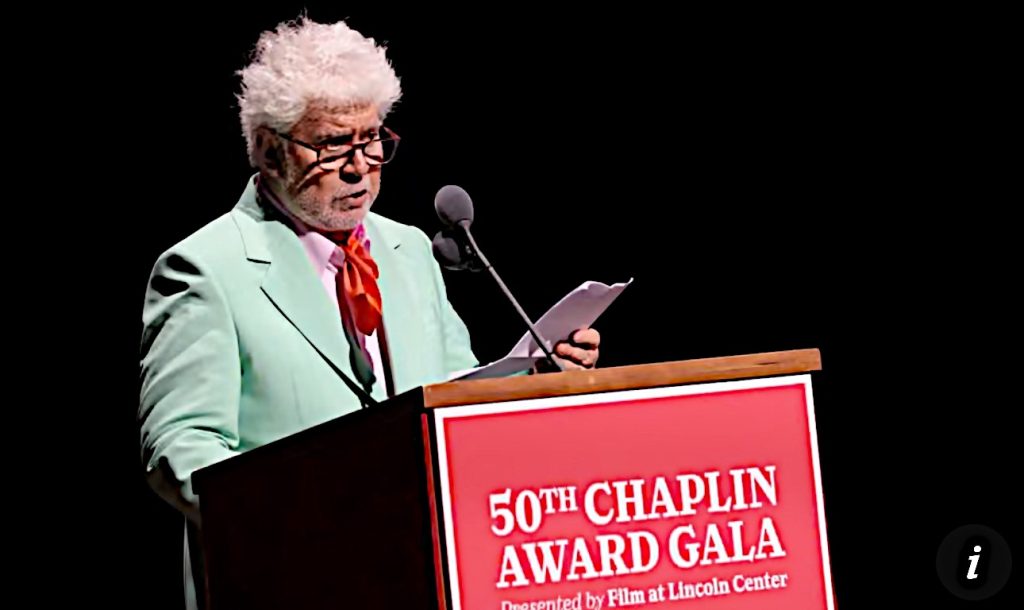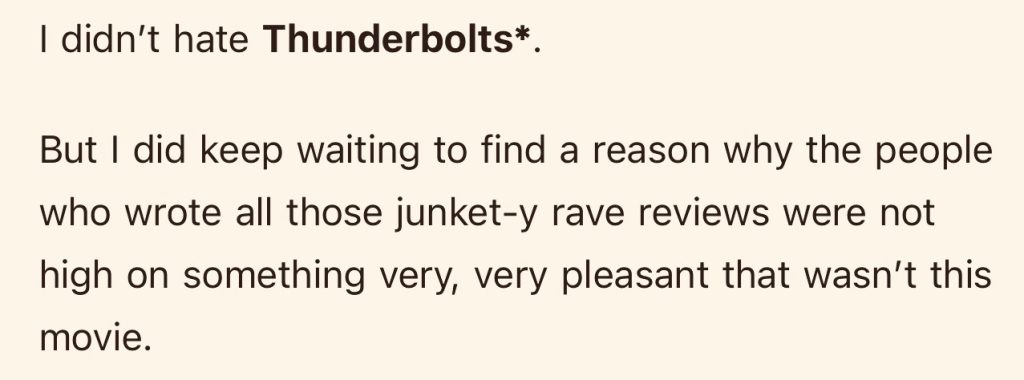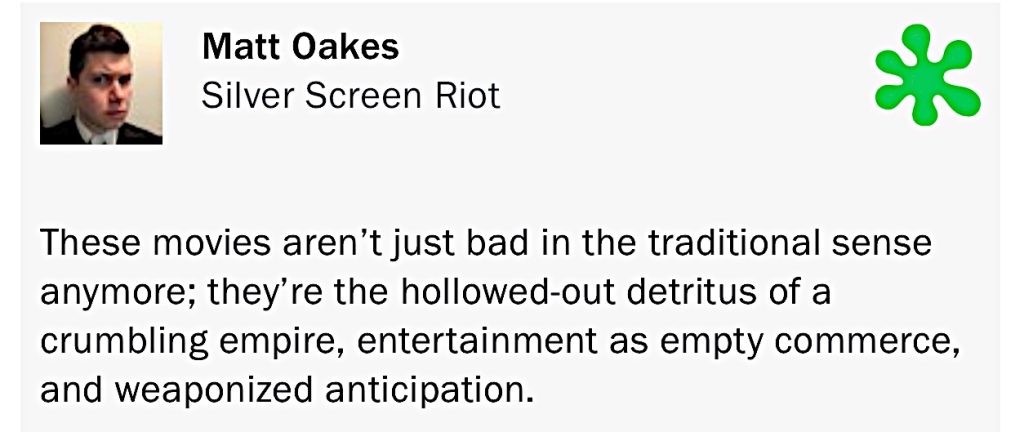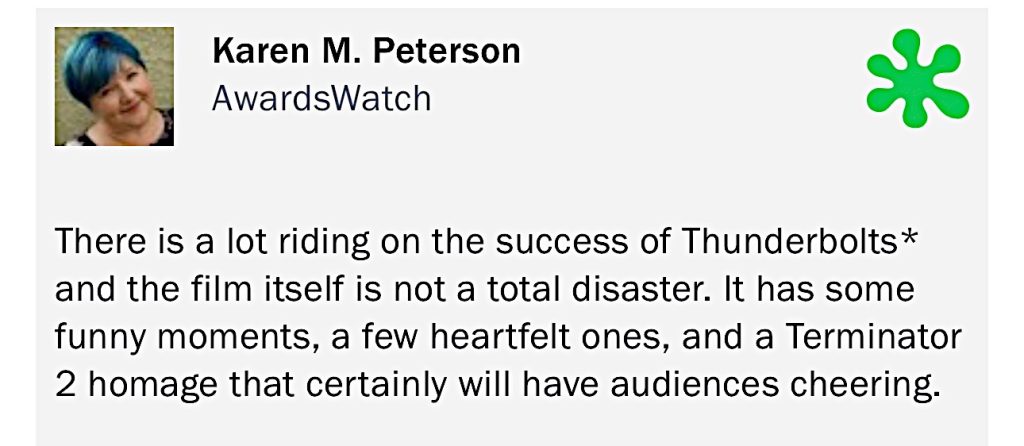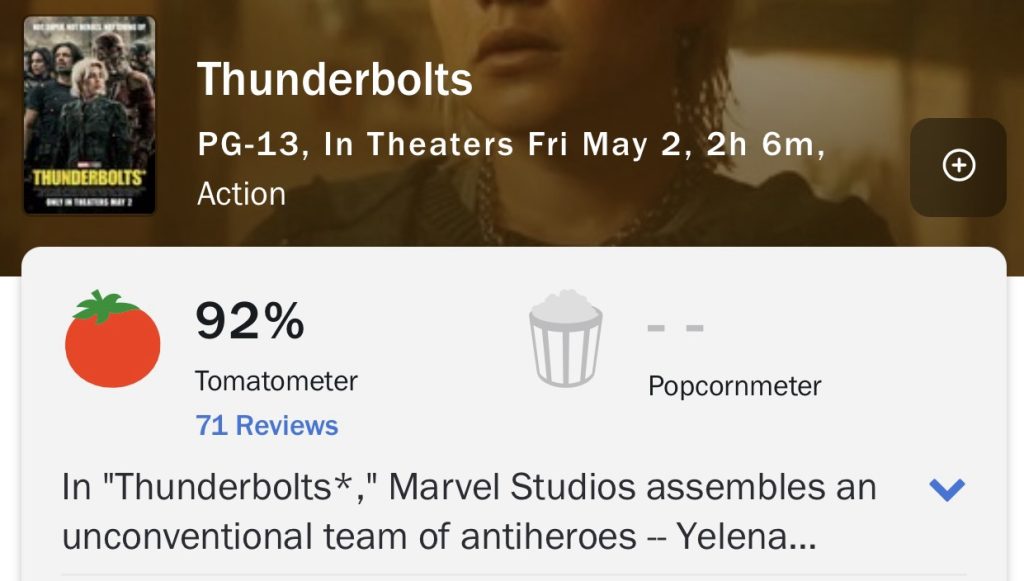I’ll never forget the delicious, almost adrenalized thrill I got out of reading “David McLintick‘s “Indecent Exposure: A True Story of Hollywood and Wall Street“, which was published 43 years ago…talk about a wayback machine.
I’d love to re-read “Indecent Exposure” on Kindle, but it doesn’t appear to be on Kindle…odd.
I did a phoner with David Begelman once, although I can’t recall what the topic was. It was sometime in the early ’90s, I think. I’ll never forget the theatrical charisma, the calculated smoothitude in his voice. That patented Begelman vibe, which arose out of many years of being an agent, was immediately soothing or at least placating…you felt you were talking to a very skilled salesman as well as a bon vivant.
The following excerpt is from Frank Langella‘s “Dropped Names” (2012). Quite the smoothie himself in his 20th Century heyday, Langella, a fellow Wiltonian, was represented by Begelman for a short period.
I needn’t remind that Langella got into trouble a while back for getting a tiny bit handsy with a female Millennial or Zoomer costar…”you touched my leg in a familiar fashion!!…eeeeeeee!”
Langella, now 87, is a skilled writer. “Dropped Names” is an easy and pleasurable read.
